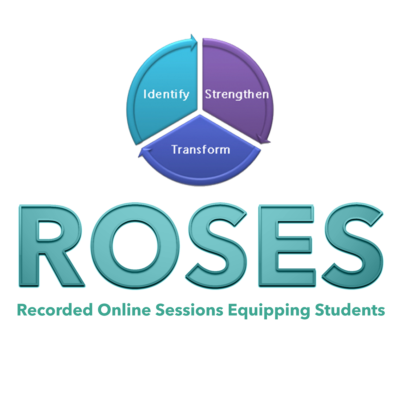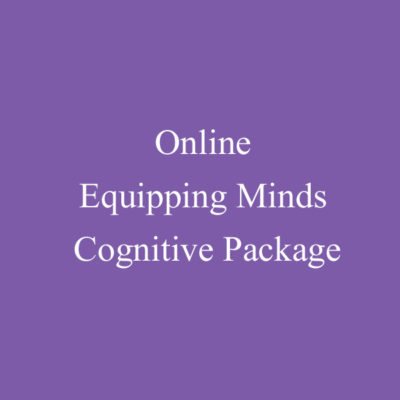CHALLENGING THE CRITICAL PERIOD
“Alex suffered from Sturge-Weber syndrome, causing an electrical misfiring of the neurons of his brain, leading to a life-endangering epileptic condition of up to 10-15 epileptic seizures every day, starting at 4 years of age. He had to be very heavily medicated, and not always successfully, because the epilepsy was strongly affected by the condition of the flow of blood into the left hemisphere of his brain. The medical regimen left him almost vegetative. He did not develop language. He did not learn even to say the word mama. At a certain point (at the age of 8 or 9), his mother decided to seek surgery to remove the site of the dysfunction, and restore him to a nonmedicated state. He underwent a left hemispherectomy that removed the offending areas that included the parts of the brain (Broca and Wernicke areas) responsible for language development and use. Much to the expert’s surprise, after this procedure, Alex started to speak. His language was rather poor, but he was able to communicate his basic needs and enrich his repertoire over time. However, in spite of considerable efforts on the part of specialists over a period of 5 years, Alex never was able to learn to read, write, or do any kind of operational thinking, such as mathematics, counting, or to acquire number concepts.
Five years after he underwent the hemispherectomy, he was brought to the Feuerstein Institute by his mother because of the very limited development that had taken place. His tested IQ had risen from 33 to 50, but he was still not able to learn reading, writing, and arithmetic. Those in the hospital who were working with him were convinced that there was nothing more to be done.
His mother did not accept his condition. She continued to search for ways to modify her child. Her need to see him develop was and continues to be a most important determinant of his development. She brought him to the Feuerstein Institute. Dr. Reuven Feuerstein was able to show that under conditions of mediated learning that he was able to learn. Ultimately, after more than 3 years of intensive mediation, he learned to read and write and do analogies and other advanced forms of operational thinking-to the point that he came up to a tested IQ level of 120. At the age of 18, he entered and completed a college program in the area of accountancy and he has overcome many of his difficulties.
The great changes happened in him at ages much more advanced that the developmental literature considered possible-challenging the critical periods and severity of condition barriers to change. His speech came back at the age of 9, and then later he developed high degrees of cognitive and interactive sufficiency, including the ability to read, write, and perform mathematical operations, again against all the predictions of the experts.
At the age of 32 Alex returned for a further assessment and mediation. As part of this recent activity, an fMRI was administered. Those who administered the procedure and analyzed the resulting data, as well as specialist interacting with Alex-the neurologists, speech and language specialist, physical therapist and others-have become extremely interested in the function of his right hemisphere. Although all of the results and interpretations were not complete at the publication of this book, we can summarize the interest by quoting one of the specialist: “His brain is doing what it is not supposed to be able to do!” To which we add, we have much to learn further!
So the critical period is not necessarily an unsurpassable barrier for the individual. It certainly creates special needs, and specialized modalities and intensities of mediating and teaching that are necessary for the individual to be modified. But Alex and hundreds of other cases that we have had the opportunity to deal with in the later stages of their development have shown that modifiability is accessible even for individuals much beyond the critical period of development, with severe conditions, and even into adulthood.”
This story is found in Reuven Feuerstein’s book, Changing Minds and Brains: Higher Thinking and Cognition Through Mediated Learning. Equipping Minds is based on Feuerstein’s theories of Structural Cognitive Modifiablility and Mediated Learning. You can learn more about these theories and our program at the Equipping Minds Conference.



